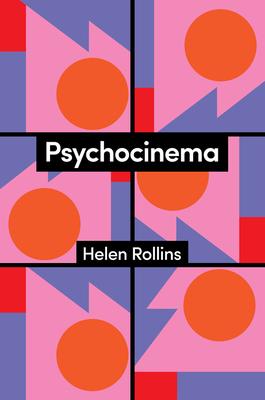
The book argues that psychoanalysis does not simply help us elucidate what we see on screen: rather, there is a fundamental relationship between the structure of psychoanalysis and that of cinema. Cinema acts upon the viewer like psychoanalysis upon the analysand and can expose them to the universal Lack inherent in their desire. This process undermines the unconscious logic of capitalism, which relies on a promise in fulfilment.
Rollins, a filmmaker, shows how reductive interpretations of psychoanalytic film theory have permeated film education and film practice and have affected the way films are made and watched, to the detriment of contemporary philosophy and politics. Psychocinema urges filmmakers, theorists and audiences to embrace the truly radical and emancipatory potential of cinema: its capacity to confront us with the universal Lack in our desire.
The book argues that psychoanalysis does not simply help us elucidate what we see on screen: rather, there is a fundamental relationship between the structure of psychoanalysis and that of cinema. Cinema acts upon the viewer like psychoanalysis upon the analysand and can expose them to the universal Lack inherent in their desire. This process undermines the unconscious logic of capitalism, which relies on a promise in fulfilment.
Rollins, a filmmaker, shows how reductive interpretations of psychoanalytic film theory have permeated film education and film practice and have affected the way films are made and watched, to the detriment of contemporary philosophy and politics. Psychocinema urges filmmakers, theorists and audiences to embrace the truly radical and emancipatory potential of cinema: its capacity to confront us with the universal Lack in our desire.
Paperback
$12.95